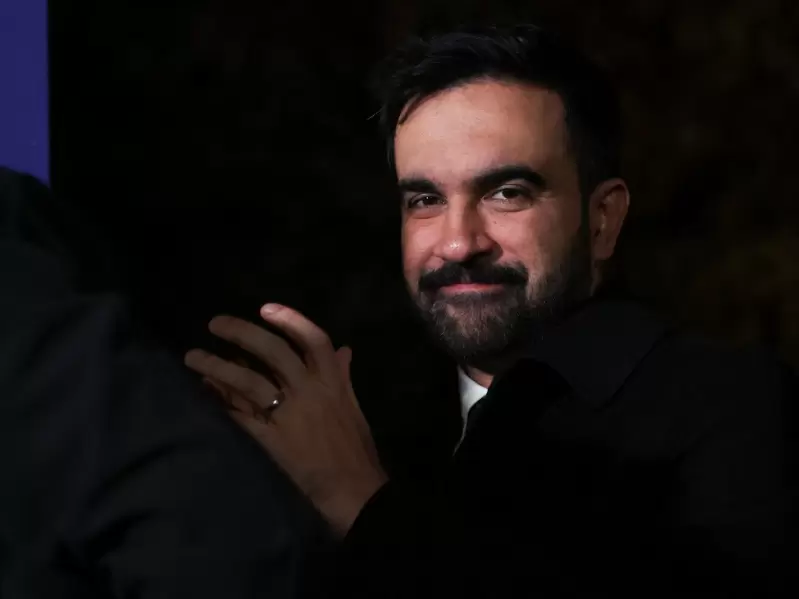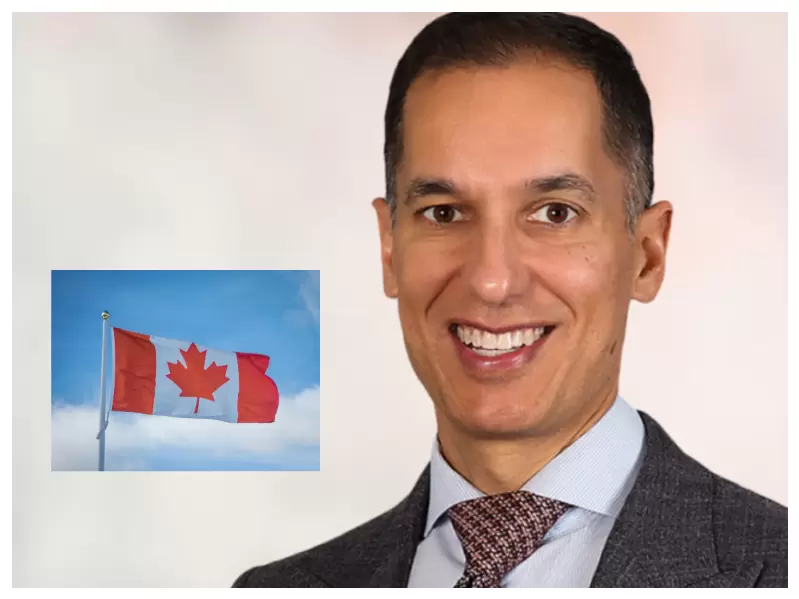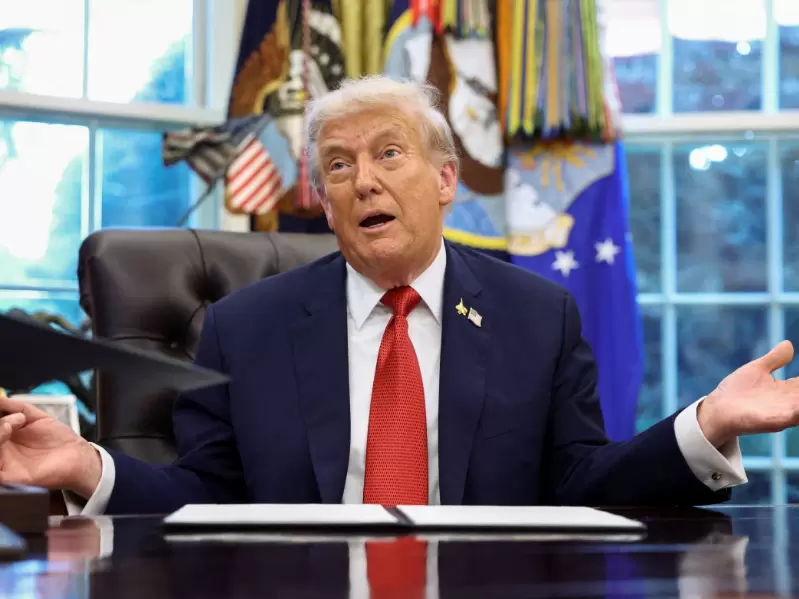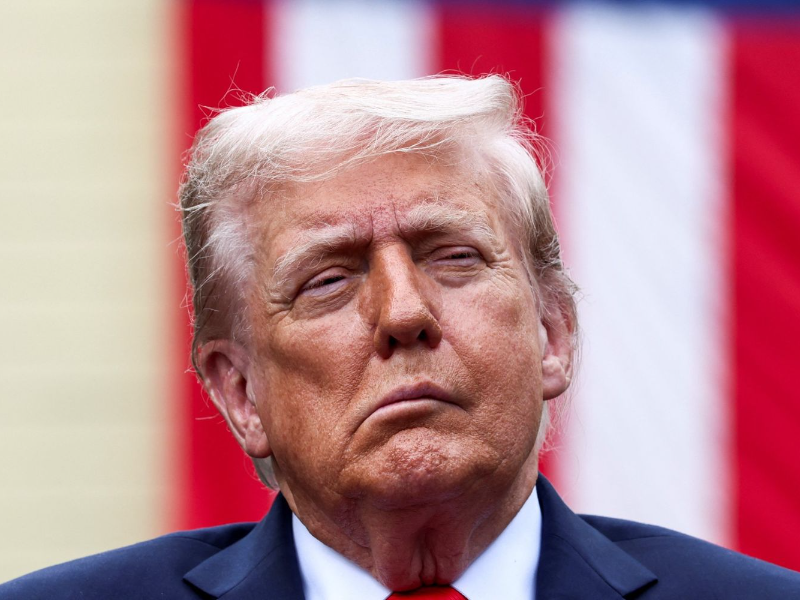Silicon valley’s quiet realignment and why predictability wins
When the rules are clear, projects scale. When they’re not, capital withholds. Predictability beats performative politics.
 Representative image / Pexels
Representative image / Pexels
After years of tariff whiplash and regulatory zig-zags, America’s tech hubs—from the Bay Area to Seattle—are signaling a simple preference: fewer shocks, more signal. Leaders who can lock in stable rules will earn the benefit of the doubt.
Kamala, Gavin, and the signals inside the story
Kamala Harris’s book tour has felt less like a political errand and more like a well-run product launch: sold-out stops, cheering crowds, and smart local-market coverage that compounds nationally. Meanwhile, California voters just approved Proposition 50—a redistricting plan that Governor Gavin Newsom championed and celebrated. He asked voters for the authority to redraw congressional lines, and they said yes. The lawsuits are flying, but the message is clear: Newsom isn’t just governing, he’s planning.
What Tech Is Really Asking For
Inside boardrooms and builder meetups, the conversation is less about ideology and more about continuity. Big Tech—and the tens of thousands of people who make it go—want five things: predictable trade policy, clear STEM immigration rules, capability-based AI governance, long-horizon energy and chip planning, and a capital-formation system that doesn’t punish you for going public. It’s a logistics-first, execution-forward mindset.
Jerry Brown’s blueprint and the zen of building
There’s a reason this feels familiar. In the late 1970s and early 1980s, Governor Jerry Brown laid the operating model for a generative tech economy. He brought together policy thinkers, technologists, and entrepreneurs in the California Commission on Industrial Innovation (CCII), working alongside figures like E. Allison Thomas, Bill Joy of Sun Microsystems, and Steve Jobs—whose Zen practice aligned with a stripped-down, builder-first vision of state support. It wasn’t about subsidies—it was about respect. Respect for creation, clarity, and compounded outcomes.
Ten Practical Ideas for the Next Decade
1. Targeted export controls that are reviewable and coordinated with allies.
2. Tariff relief for strategic inputs with clear sunset rules.
3. STEM fast-track green cards and a real startup visa.
4. Capability-based AI safety standards.
5. A five-year plan for transmission and storage buildout.
6. A tax credit for companies with fewer than 50 employees—reviving the Brown-era policy.
7. IPO reform to allow frequent, smaller public listings.
8. Predictable fintech/crypto policy separated from hype cycles.
9. Permanent R&D expensing across software and hardware.
10. Public-private talent pipelines for semiconductors, energy, and AI.
This is not partisan—it’s operational
Whether you're a founder, a mid-career executive, or an H-1B employee building in stealth, what matters is clarity. When the rules are clear, projects scale. When they’re not, capital withholds. Predictability beats performative politics.
A word to the diaspora
Many of us have watched this from both sides. Our families helped build Silicon Valley. My father’s friends helped found TIE. I helped organize tech leaders for Jerry Brown, Gray Davis, and Clinton-Gore. Our community may not be political in the traditional sense, but we do understand leverage, capital, and execution. If there’s interest in rallying behind platforms that understand technology, immigration, private equity, venture capital, and diversity—not as slogans but as operating principles—then we should coordinate. The opportunity is there. We know how to build.
Dinesh S. Sastry is Founder & President of Illuminant Capital Holdings LLC. He has worked across venture investing, policy, energy, and media, studied EECS at UC Berkeley and law at Georgetown, and was mentored early in his career by Governor Jerry Brown. More at dineshsastry.com.
(The views and opinions expressed in this article are those of the author and do not necessarily reflect the official policy or position of New India Abroad)
ADVERTISEMENT
ADVERTISEMENT
E Paper
Video



 Dinesh Sastry
Dinesh Sastry




.png)






Comments
Start the conversation
Become a member of New India Abroad to start commenting.
Sign Up Now
Already have an account? Login